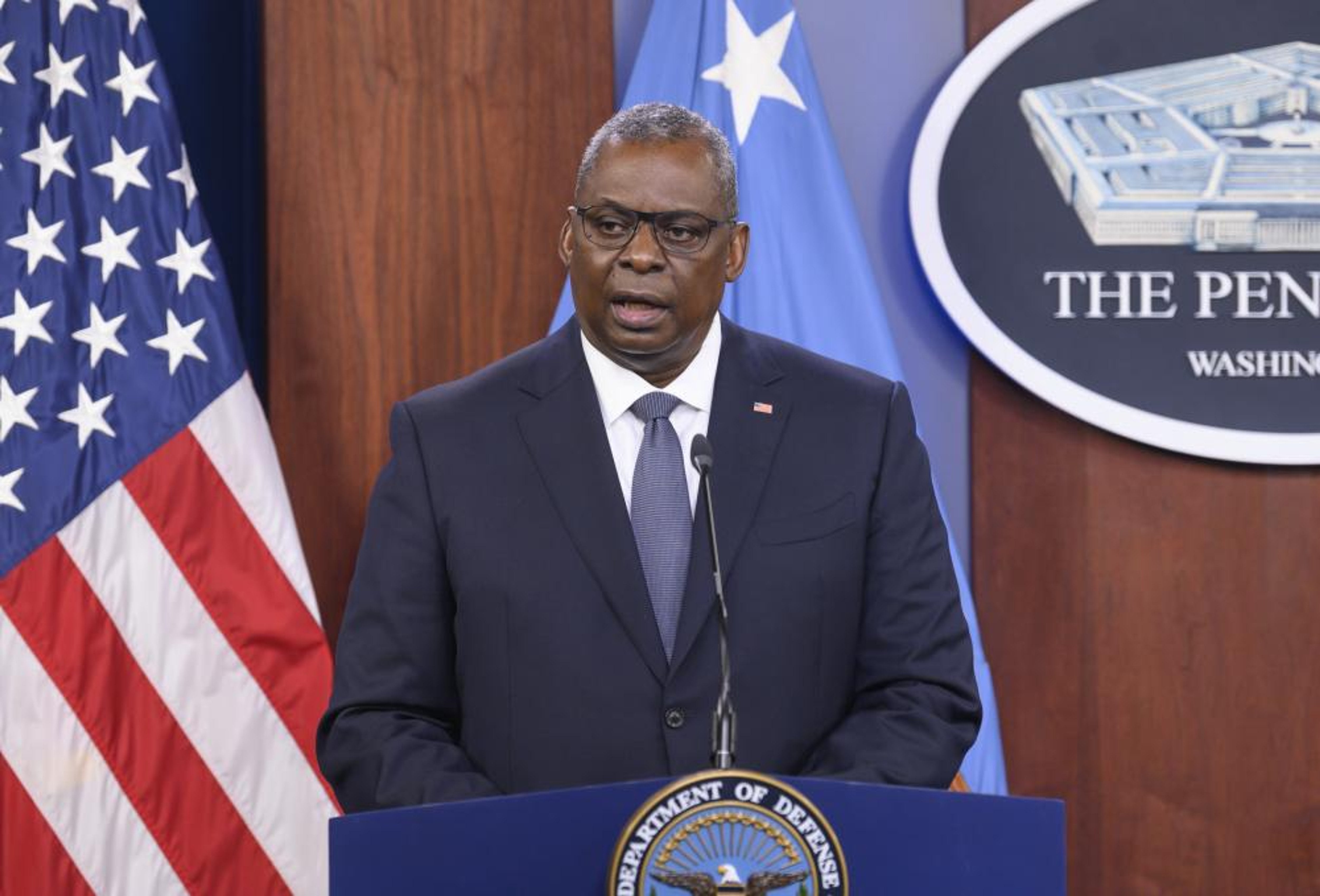Austin ushers in Suicide Prevention Awareness Month
Secretary of Defense Lloyd J. Austin III tweeted a video yesterday morning highlighting the issue of suicide in the armed forces.

Austin published the video in the context of Suicide Prevention Awareness Month, which began only the day prior.
<blockquote class="twitter-tweet"><p lang="en" dir="ltr">We tragically lose far too many brave men and women to suicide. As we begin <a href="https://twitter.com/hashtag/SuicideAwarenessMonth?src=hash&ref_src=twsrc%5Etfw">#SuicideAwarenessMonth</a>, I want everyone in our military community, including our military families, to know that reaching out isn't a sign of weakness, it's a sign of strength. <a href="https://t.co/gTjlcP5Z0m">pic.twitter.com/gTjlcP5Z0m</a></p>— Secretary of Defense Lloyd J. Austin III (@SecDef) <a href="https://twitter.com/SecDef/status/1433409375847297024?ref_src=twsrc%5Etfw">September 2, 2021</a></blockquote> <script async src="https://platform.twitter.com/widgets.js" charset="utf-8"></script>
Suicide as a recurring problem
Gear Spotlight: Relevant to This Story


“Last year, and every year, we tragically lose brave men and women to suicide.” Austin says as the video begins. Presumably to show how widespread this issue is, the Secretary admits that it is a problem that recurs year after year.
He’s not wrong on that point either.
In the 2020 National Veteran Suicide Prevention annual report, the Department of Veterans Affairs offered some startling numbers. The VA claimed that “Since 2005, the average number of Veteran suicide deaths per day has remained between 17 and 18, despite observed decreases in the size of the Veteran population.”
17 to 18 service members kill themselves every single day. The total of this number ranges between 6,200 and 6,500 suicides per year.
One of the main issues that Austin focused on in his speech is the stigma attached to finding help. He asserted, “I personally take these losses serious, each suicide sends out waves of grief and anguish. Reaching out for help, isn’t a sign of weakness. It’s actually a sign of strength.”

(Photo illustration by Senior Airman Heather Leveille)
This statement places Austin among the few to publicly decry the stigma of seeking out help for mental health issues that could result in suicide. Without disavowing the stigma of searching for treatment, those within the military and without, are unable to prevent themselves from being made into a statistic.
As the VA report stated, even when the numbers of those in the military decreases, the rate of self-imposed deaths remains nearly the same.
Hinting at this appalling statistic, Sec. Def. Austin stated, “I am personally committed to doing everything that I can to change that. I want all of our service members, our veterans and their families, to get the help and the support that they need; that they deserve.”
Here are some tips for preventing a possible suicide:
Take the person to the nearest Emergency Room, where they will receive a full suicide assessment and receive needed care. If the person is hesitant to receive emergency healthcare, call 911.
Call 1-800-273-8255 to reach the National Suicide Prevention Lifeline and follow their guidance. Visit their website for further information.
If the person you know has a dedicated mental health professional, help them schedule an urgent appointment. If they do not have an existing connection with a mental health professional, help them make an urgent appointment with their family physician.













